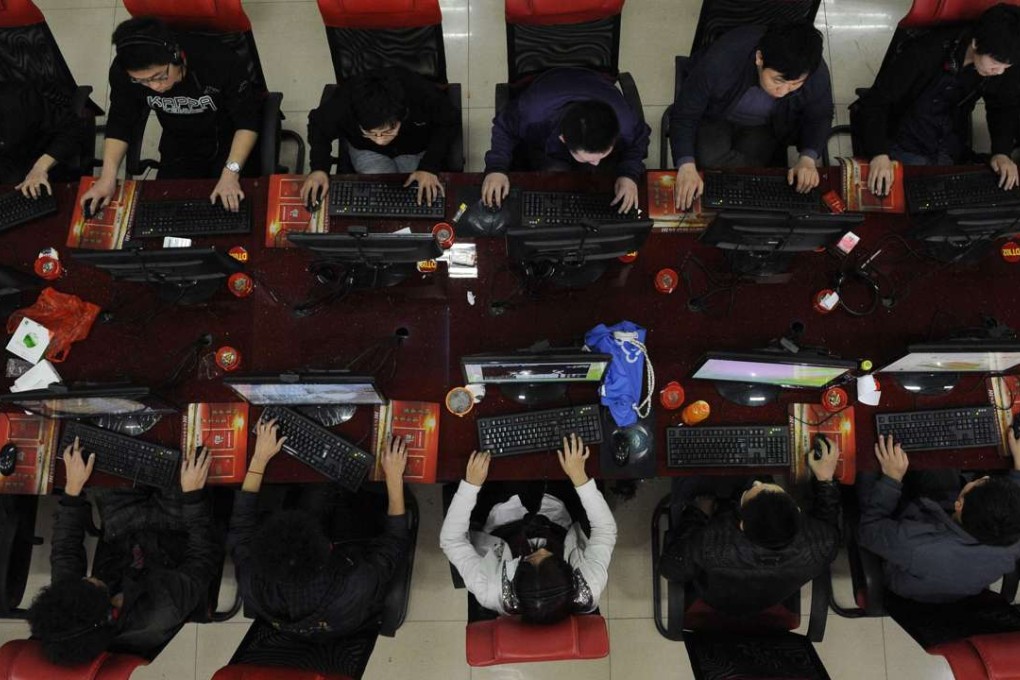Qihoo 360 stops accepting medical advertisements in wake of Baidu probe
Search engine has 5 per cent market share

The fallout from the probe of Baidu’s health-care advertising operation has prompted Qihoo 360 to stop all consumer-related medical service marketing on its search engine, the company said on Tuesday.
In a statement, Qihoo 360 pledged to provide “safe, clean and trustworthy search engine services” for its users.
“We have ... realised that as long as online promotion for the medical industry exists, it is not possible to eliminate the harm that users could encounter,” said the company.
Qihoo 360 is primarily an internet security company that produces antivirus software products and a web browser, but it has branched out to producing web applications, smartphones and the search engine business.
The decision to stop medical advertisements allows Qihoo 360 to boost their credibility
Qihoo 360 holds the second largest market share in mainland China’s search engine market at about 5 per cent, according to data from market research firm iResearch. Market leader Baidu holds more than 80 per cent.
Industry observers say Qihoo 360’s move to stop its consumer-related medical service marketing is a strategic move to gain advertising market share while Baidu faces a regulatory probe over the death of 21-year old cancer patient Wei Zexi, who died after experimental treatments at a Beijing hospital failed to work. Wei had discovered the hospital via a paid listing on Baidu.